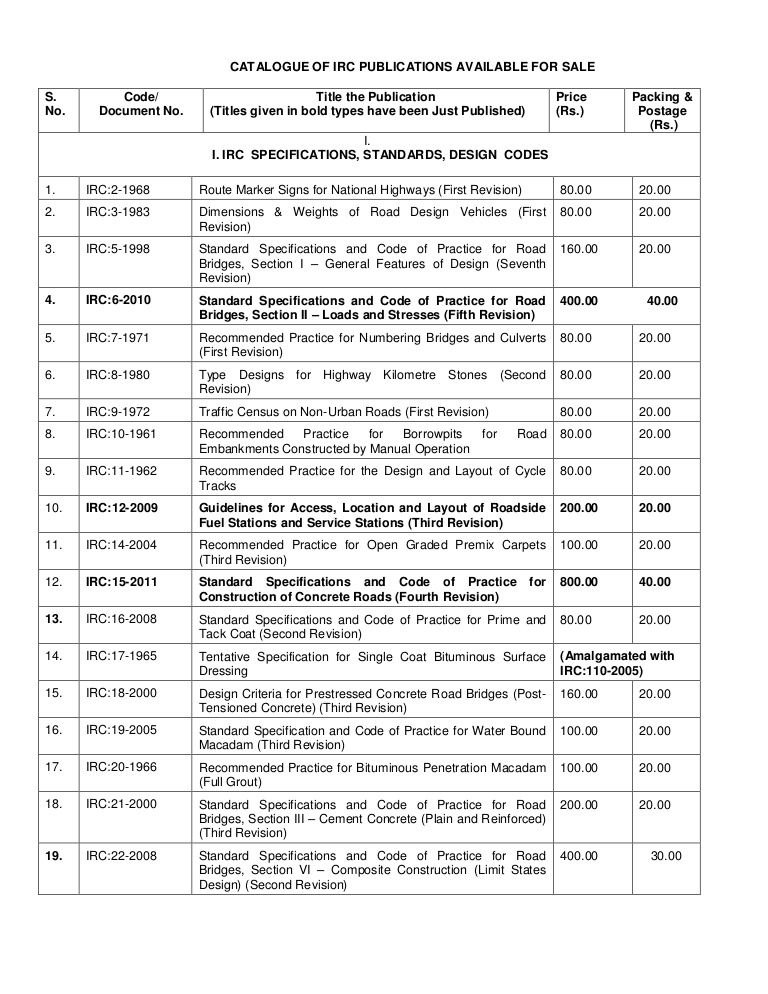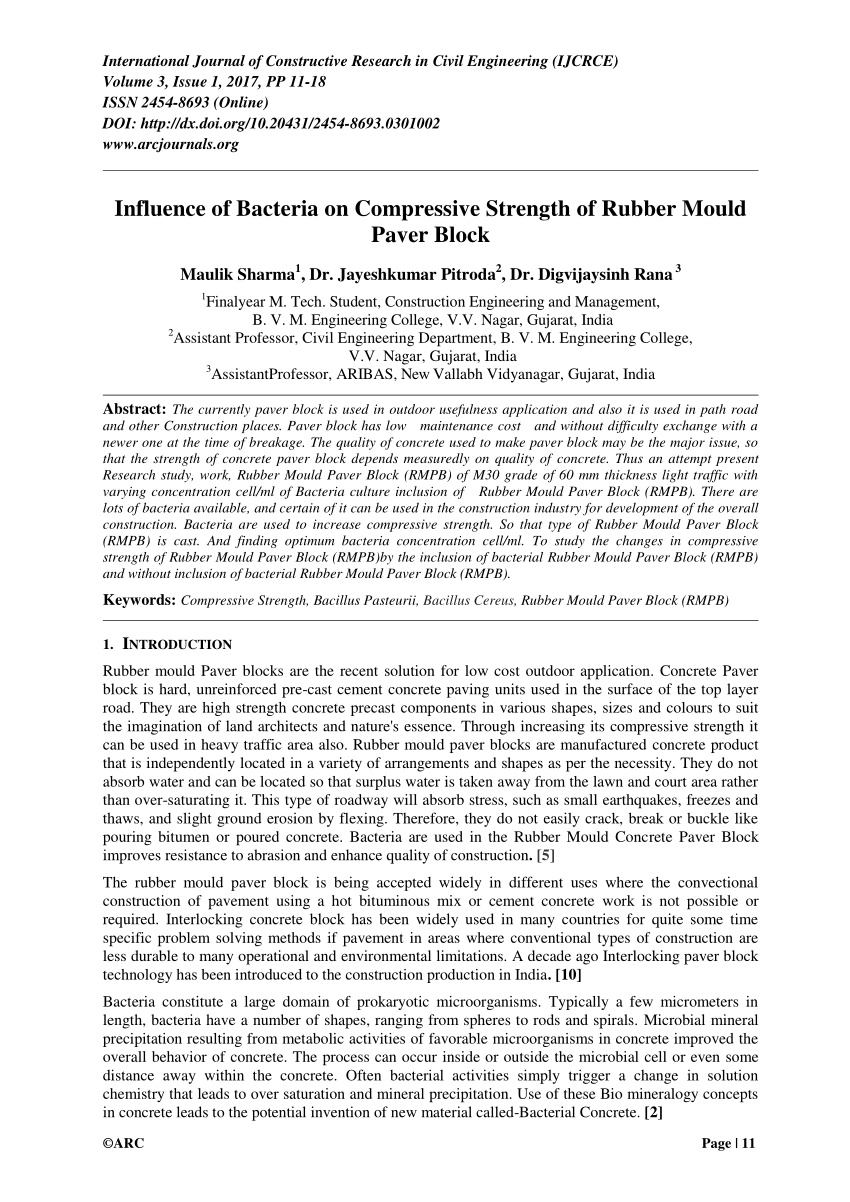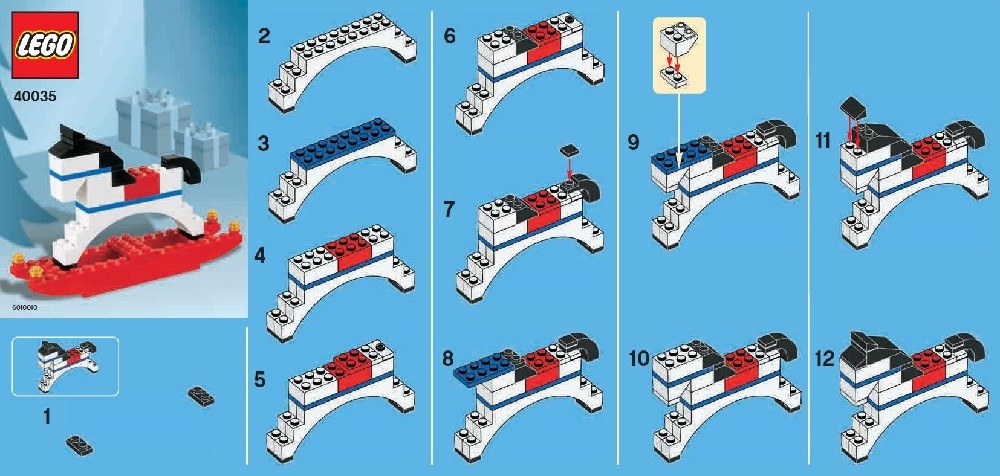

Standard thicknesses are 60mm (for light traffic), 80mm (heavy traffic) and 50mm too is common in some countries like Pakistan (used for footpaths etc.). Polymeric Sand or a sealant can be used to further lock or coagulate the sand.

The sand does not easily wash out with rain or garden hose water. CBP is formed from individual concrete paving blocks that fit next to one another on a suitable sub base leaving a specific joint space among them to be filled with jointing sand.

Interlocking paving stones are installed over a compacted stone sub-base and a leveling bed of sand. Concrete block pavement (CBP) can be use an alternative pavement to asphalt and concrete pavements. In the United States were developed before the Second World War by the Dutch and introduced into the United States in the early 1970s. Unit Pavements or block paving, nick named pavers Interlocking concrete pavements or pavers are a special dry mix pre-cast piece of concrete commonly used in exterior landscaping pavement applications. but now being adopted extensively in different uses where the conventional construction of pavement using hot bituminous mix or cement concrete technology is not feasible or desirable. Intermediate concrete block pavement (ICBP) technology has been introduced in India in construction a decade ago, for specific requirements viz. Interlocking concrete Pavement has been extensively used in a number of countries for quite something as a specialized problem solving technique for providing pavement in areas where conventional types of construction are less durable due to many operational and environment constraints. Keywords: Flyash, Nylon fibre, Compressive strength, Paver block. The optimum dose of 20 % of fly ash gives maximum strength of paver block. In the presence of water, fly ash will harden and gain strength over time. Fly ash produced from the burning of younger lignite or sub bituminous coal, in addition to having pozzolanic properties, also has some self-cementing properties.

The flyash used in different proportion in the above mixture of Paver block to evaluate its compressive strength. It is also find that it makes the blocks more opaque as compare to other paver blocks. We perform compressive strength test on paver block by taking different proportions of Nylon Fibre and find that using 0.3% of Nylon Fibre increases the compressive strength up to 18.86% as compared to conventional mixture. Student, 2Associate Professor, 3Professor & Headġ,2,3Lakshmi Narayan College of Technology, Department of Civil, BhopalĪbstract: In present study we use Nylon Fibre to increase the compressive strength of Paver Block. Effect of Partial Replacement of Cement by Fly Ash with Using Nylon Fiber in Concrete Paver Blockġ Thakur Anil Kumar, 2 Saxena Anil Kumar, 3 Arora T.


 0 kommentar(er)
0 kommentar(er)
